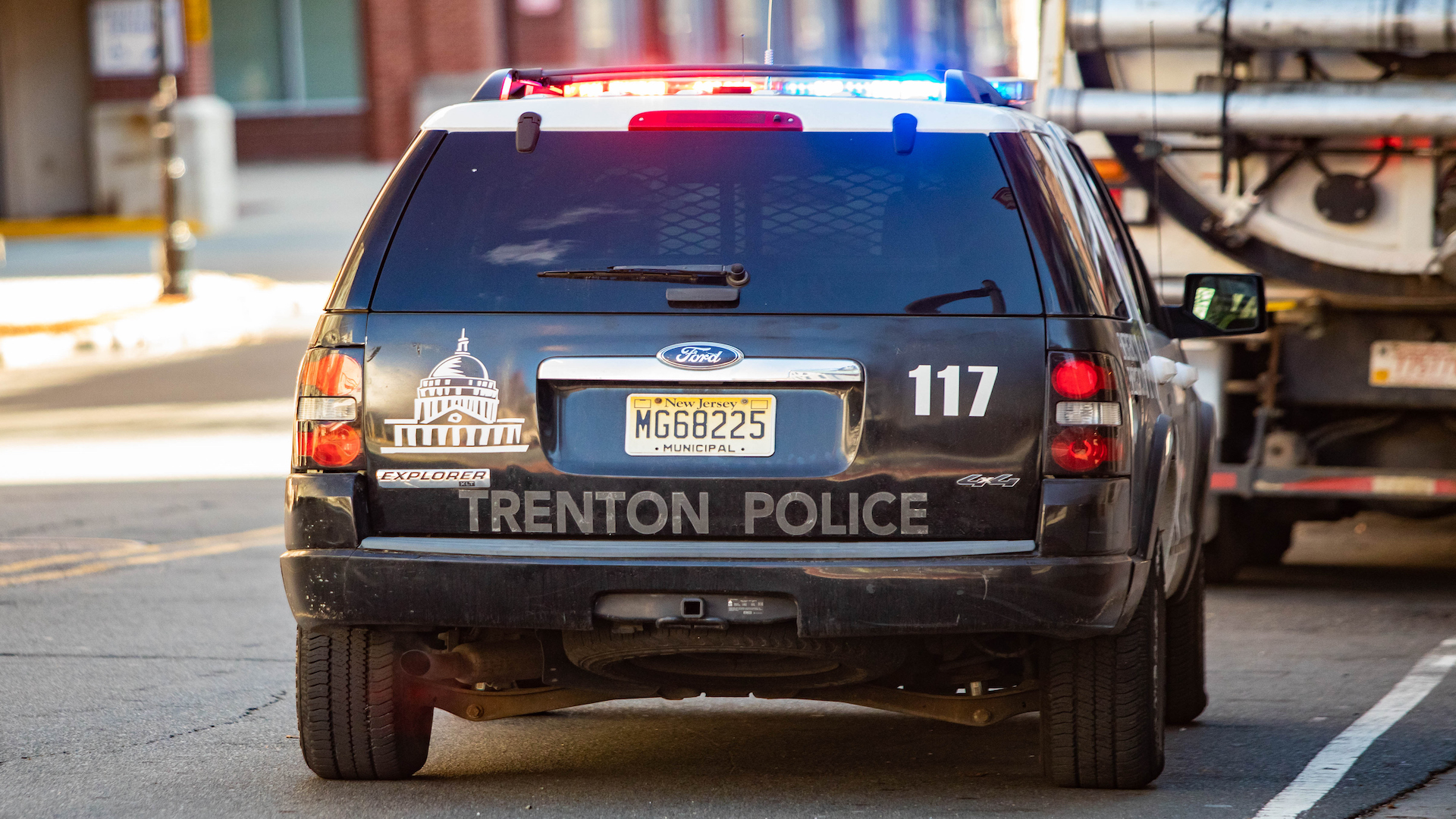
A recent incident involving the Trenton Police Department and a man undergoing a mental health crisis demonstrated the value of officers’ de-escalation training.
Trenton police initially responded to a call about a family member threatening himself and others with a knife.
Although the situation was dangerous enough for officers and family members and would have justified the deadly use of force under normal guidelines, officers were able to utilize their training to de-escalate the situation and convince the man to drop the knife.
Officers were then able to take the man into custody without resistance.
Training Supervisor Lieutenant John Harbourt related the details to NJ Advance Media.
“To be completely honest with you, the gentleman with the knife created such a life hazard to our officers that under the current attorney general guidelines for use of force, the officers would have been justified in using deadly force, but it didn’t escalate and eventually the person put down the knife and then asked the officers to take it someplace for help,” he said. “One officer spoke exclusively to the man while other officers behind him incorporated their training by feeding the officer questions and statements to help de-escalate the situation.”
New Jersey police departments are required to train officers in de-escalation techniques after a mandate passed by former Attorney General Gurbir Grewal in September.
The Attorney General’s directive allocated a portion of the state’s law enforcement funds to go towards the training, which consists of de-escalation training first and foremost, along with active bystandership training and recognition of cultural and implicit biases.
The training curriculum, created by the nonprofit Police Executive Research Forum, was held at Mercer County Community College. It focuses on integrating communications, assessment and tactics (ICAT).
ICAT trains officers to assess and evaluate situations they encounter to determine whether or not de-escalation is the right practice. It also hones communication and decision-making skills, as well as critical thinking skills and other tactics.
So far, the training is already working in the field.
“So just in a matter of like two or three weeks after this training started, we had a couple major incidents that may have turned out a little differently,” Harbourt said.
Harbourt added that the training is especially helpful for young and less-experienced officers.
“If you think about when you have a 23-year-old police officer who lives at home, when they’re walking into a domestic (call), they don’t have a lot of life skills to bring to that situation,” Harbourt said. “We’re giving them a set of tools to help them de-escalate a situation in hopes that force won’t have to be used in really any way.”
Trenton Police Director Steven Wilson said he hopes the training will build trust with the community.
“The current climate out there as society on edge when dealing with police officers. This training hopefully will smooth that edge out and show the public that the police department is part of the community rather than an us versus them mentality,” he said.
Although the training is mandatory, Wilson said he would have incorporated the training for all employees anyway.
“This is how we change the culture of policing in the city and certainly in the nation,” Wilson said. “I just hope that the people out there recognize that we’re making positive strides in that direction.”
All 38,000 New Jersey police officers have gone through the training.





